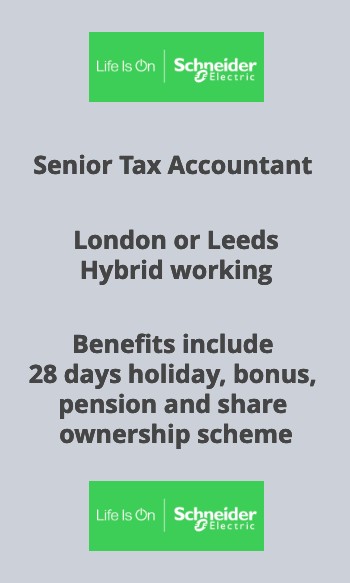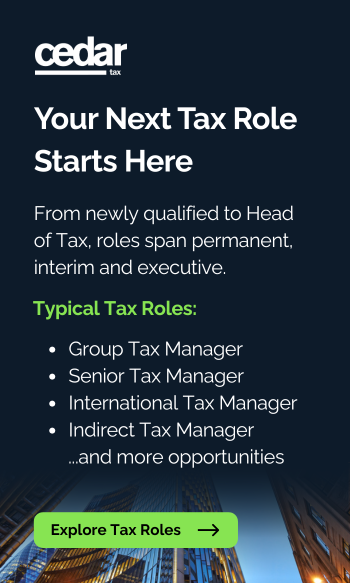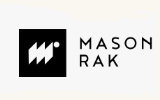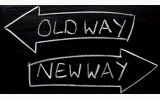Tax Professional's Guide to relocating to Dubai
Background
Dubai is the largest city in the United Arab Emirates and one of the seven emirates that make up the country. It is a key business hub in the Middle East and also a major transport hub for passengers and cargo. It has limited oil reserves and production levels are low.
The main revenues come from tourism, aviation, real estate, and financial services.The city has become iconic for its skyscrapers and high-rise buildings, in particular the world's tallest building, the Burj Khalifa. It is also the chosen location for the launch of the first hyperloop, a new ultra-fast transport system which could potentially slash travel times between Dubai and Abu Dhabi - 150 kilometres apart - to around 12 minutes.
The population is approximately 2.8 million, comprising only 15% UAE nationals. The rest are expatriates, many of whom either have been in the country for generations or were born in the UAE. Approximately 80% of this expatriate population hail from India, Pakistan or Bangladesh.
Employers
The tax market in Dubai is thriving with the majority of tax professionals working at EY, KPMG, PwC and Deloitte. There are also a number of tax boutiques (like Cragus Group). The global law firms have also started to launch tax teams in the region, operating from a Dubai base. There is a growing in-house tax market in Dubai with some sizeable teams eg DP World. The introduction of VAT has prompted some corporates to bring tax in-house for the first time, with an indirect tax professional in the lead role.
To view current tax jobs in Dubai please follow this link: https://www.etaxjobs.com/browse-jobs/europe-middle-east-and-africa-tax-jobs/dubai-tax-jobs/
Working and living in Dubai
Dubai has a hot desert climate. Summers in Dubai can be extremely hot and humid, with an average high around 41 °C. The winters are warm with an average high of 24 °C. As a result all offices, shopping centres and residences have air conditioning.
Arabic food is very popular and is available everywhere, from the small shawarma diners in Deira and Al Karama to the restaurants in Dubai's hotels. Fast food, South Asian, and Chinese cuisines are also very popular. The sale and consumption of pork, though legal, is regulated and is sold only to non-Muslims, in designated areas Similarly, the sale of alcoholic beverages is regulated. A liquor permit is required to purchase alcohol to be consumed at home but alcohol is available in bars and restaurants within hotels.
Taxation
There is currently no personal income tax law enacted in the United Arab Emirates. As such, there are no individual tax registration or reporting obligations.
There is a social security regime in the United Arab Emirates that applies to GCC (including United Arab Emirates) national employees only. Non-GCC nationals are not subject to social security in the United Arab Emirates.
Source: http://taxsummaries.pwc.com/ID/United-Arab-Emirates-Overview
Sport
Football and cricket are the most popular sports in Dubai. The city also hosts both the annual Dubai Tennis Championships and The Legends Rock Dubai tennis tournaments, as well as the Dubai Desert Classic golf tournament and the Dubai World Championship. The Dubai World Cup, a thoroughbred horse race, is held annually at the Meydan Racecourse. Dubai also hosts the traditional rugby union tournament Dubai Sevens, part of the Sevens World Series Event. The Dubai Autodrome is home to many auto racing events throughout the year.
Schooling
There are a range of international schools for foreign children and student on offer.i. However, spaces tend to fill up fast so it essential to prioritise schooling during the relocation. These schools are adhere to very high standards. Some popular international schools include Dubai College, Repton School, Deira International School and Emirates International School.
Transport
Dubai has an extensive transport system which includes an advanced, driverless metro system as well as 1,500 buses around the city and more than 70,000 taxis. With a Nol smart card, you can pay for both your bus fares and your metro fees, making travelling around the city easy and stress free. Taxis are good value and many expatriates rely on Uber rather than buying or leasing a car.
Dubai has announced it will complete a link of the UAE high-speed rail system which will eventually hook up with the whole GCC and then possibly Europe. The High Speed Rail will serve both passengers and cargo. The Hyperloop is also currently being built between Dubai and Abu Dhabi.
Accommodation
Expats tend to stay in purpose built compounds when they first arrive in Dubai. Compounds usually include on-site gyms, visible security and reception areas. Finding accommodation is straightforward and expats tend to receive support from their employer. To get a feel for current rental prices, please click on this link: http://rentdubai.com/
Where you live will probably be dictated by the location of your employer and your favoured school (if required). Traffic during rush hour in Dubai can be extremely congested and this should be considered when looking for accommodation. Some areas that are popular with expatriates are: The Green Community, Jebel Ali Village, The Gardens, Dubai Marina and Emirate Hills.
Health
Healthcare in Dubai can be divided into public and private. There are now 28 hospitals in Dubai, 6 public and 22 private and the standard is generally considered to be high. You might be offered private health insurance in your employment contract. If not, you might want to explore obtaining this before arrival.
This article was contributed by Kingpin International.














